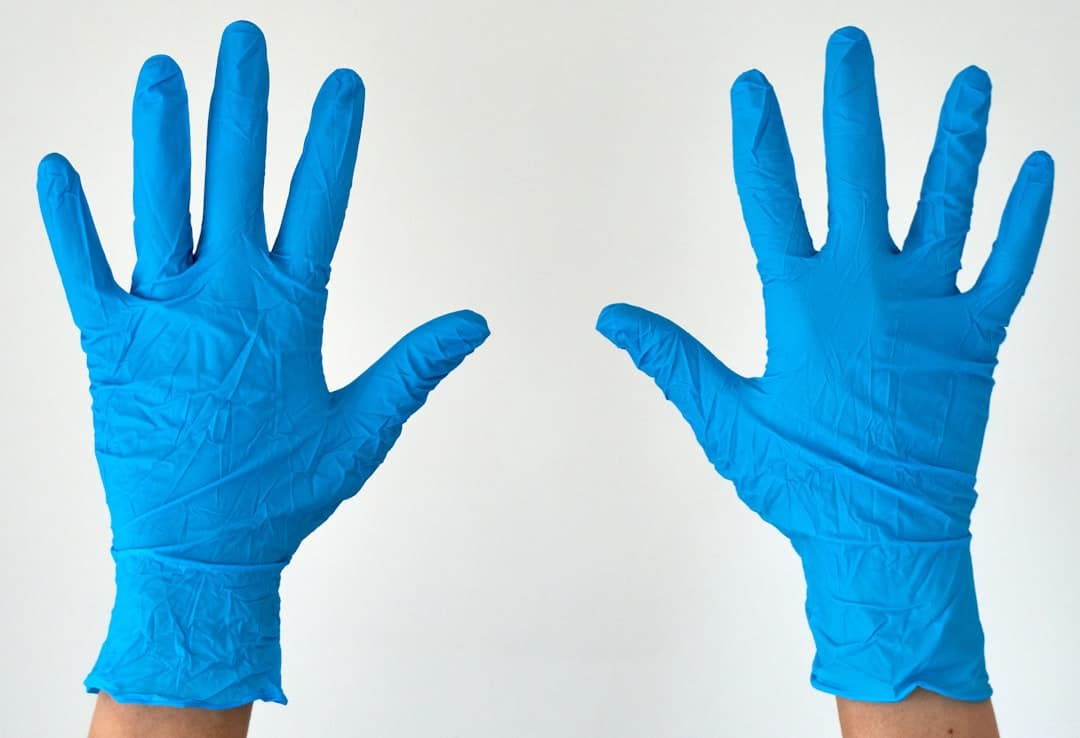
What should you not use nitrile gloves for?
Nitrile gloves have become a staple in various industries due to their durability, puncture resistance, and low risk of allergic reactions compared to latex. Whether it’s in healthcare, food service, or lab work, these gloves are often the go-to choice. However, it’s important to know that nitrile gloves are not a universal solution for all environments or substances. Misusing them can lead to safety hazards or glove degradation. So, what should you not use nitrile gloves for? Let’s explore the limitations of this popular type of hand protection.
1. Handling Strong Organic Solvents
While nitrile is more chemical resistant than latex, it does not provide complete protection against all kinds of organic solvents. Particularly, nitrile gloves can degrade quickly when exposed to strong solvents such as:
- Acetone
- Methylene chloride
- Toluene
- Gasoline
These substances can cause the glove material to weaken, swell, or even dissolve, leaving your skin vulnerable to chemical burns or absorption of toxic compounds. For such solvents, gloves made from materials like butyl or PVA are better suited.

2. High-Heat Applications
Nitrile gloves are commonly used in labs and kitchens, but they are not designed for high-heat environments. The synthetic rubber begins to soften and degrade at elevated temperatures and can even melt onto the skin, leading to severe burns. You should avoid using nitrile gloves when dealing with:
- Open flames
- Hot grease or oil
- High-temperature sterilization equipment
Instead, seek heat-resistant gloves made from materials like Kevlar or specialized thermal-resistant polymers for these types of tasks.
3. Electrical Work
Although nitrile gloves provide some resistance to static, they should not be used as a primary barrier against electrical currents. Nitrile is not an insulating material and can conduct electricity if exposed to moisture or damage.
For anyone working on live wires or near electrical sources, it’s crucial to use Class-rated electrical safety gloves that are properly tested and certified for such tasks. Using nitrile gloves in these scenarios can result in electric shock or even fatal accidents.
4. Extended Immersion in Liquids
Nitrile gloves are effective for brief chemical contact, but they’re not suitable for tasks that involve prolonged immersion in liquids—especially harsh chemicals or oils. Over time, the glove material can become permeable, allowing substances to seep through to your skin.
In these cases, thicker, industrial-grade chemical-resistant gloves should be used, often layered over nitrile or latex for added protection and comfort.
5. Situations Requiring High Dexterity Over Extended Use
Although nitrile gloves are generally known for their tactile sensitivity, they can still fatigue the hands during long-term wear due to their slightly stiffer nature compared to latex. In environments like intricate laboratory work, skilled crafting, or surgery, even minor restrictions in movement can become a problem.

In these cases, gloves specifically designed for fine motor control—such as high-grade latex (for those without allergies) or flexible surgical-grade materials—may perform better in offering comfort and precision over several hours.
6. Allergy Considerations—Yes, It Happens!
While rare, some people can develop allergies to the chemical accelerators used in the manufacturing of nitrile gloves, such as thiurams or carbamates. If someone exhibits skin reactions like itching, redness, or hives while using nitrile gloves, it may be time to explore accelerator-free or hypoallergenic alternatives.
Conclusion
Nitrile gloves are incredibly versatile and safe for many applications, but they are not invincible or universal. Understanding what they should not be used for is just as important as knowing when they are appropriate. Whether you’re in healthcare, industry, or science, matching the right glove to the task not only ensures safety but also enhances performance and efficiency on the job.
Choose wisely, work safely, and remember that gloves are only as effective as your knowledge about them!